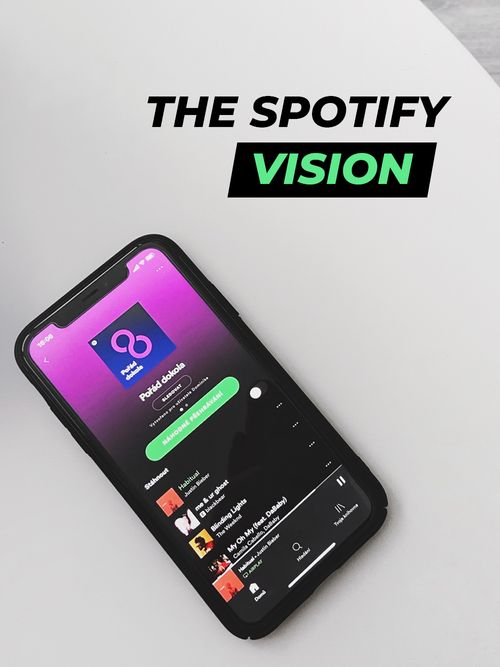What makes Spotify’s Daniel Ek a different kind of leader…
Dec 10, 2020 · 2 mins read
0
Share

To the outside world, Daniel Ek has been CEO of Spotify since co-founding it in 2006. In his mind, he’s had eight different roles in that time. (They just happen to have the same title.) That’s because everyone at Spotify, from top to bottom, is on a journey of growth.
Save
Share
Instead of being a “decider-in-chief”, Ek has learned to become more of an “editor” of Spotify’s vision. He keeps its principles on track by asking things like, “Why does this matter?” and generally tries to offset complacency, even when it makes things harder.
Save
Share
Ek’s other leadership strategy is to enable people to do their best. That means treating employees as individuals with unique motivations. Each one needs to unlock their own superpower – and often that starts with helping them prioritize their time.
Save
Share
A key point of optimization is meetings. It’s where knowledge workers end up wasting precious time. Ek likes to invert the big presentation/short discussion model of meetings by being briefed in advance, then spending a meeting collaborating with clear intent.
Save
Share
Most people tackle tasks on a “first-come, first-served” basis, but this is inefficient. Ek will focus on no more than three or four issues each day. He also makes a point of saying “no” to things easily. It’s less fun, but you get more done.
Save
Share
This is how Ek spends his morning: Rises at 6.30 am, spends time with his family, works out, goes for a walk (rain or shine), then does some reading. His working day only really begins at around 10.30 am. But by that point, he’s already got his best thinking done.
Save
Share
Ek can tell if someone will be successful at Spotify long-term by their rate of learning. It’s his key indicator. “I value agility and learning way more than I value the fact that you’re really good at your job and really good at doing a few things.”
Save
Share
Everyone at Spotify (including the CEO) has a “mission” that lasts about two years. This prevents stagnation by giving staff a way to maintain a sense of purpose and direction.
Save
Share
When Spotify went public in 2018, Ek asked himself: “What does a good public company CEO look like?” He mapped out the skills and processes he’d need to get to that point and worked backward. Then he’d check in to see how he aligned with those goals every night.
Save
Share
Bottom line: If you can build a transparent working environment where failure and constant iteration are welcomed, you will turn your company into a “learning organism” that keeps improving at an ever-higher pace.
Save
Share
0